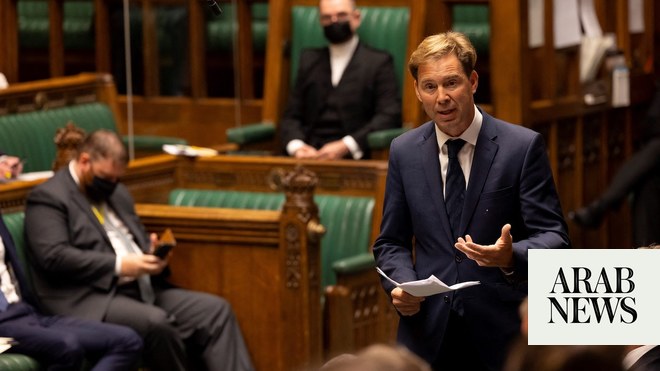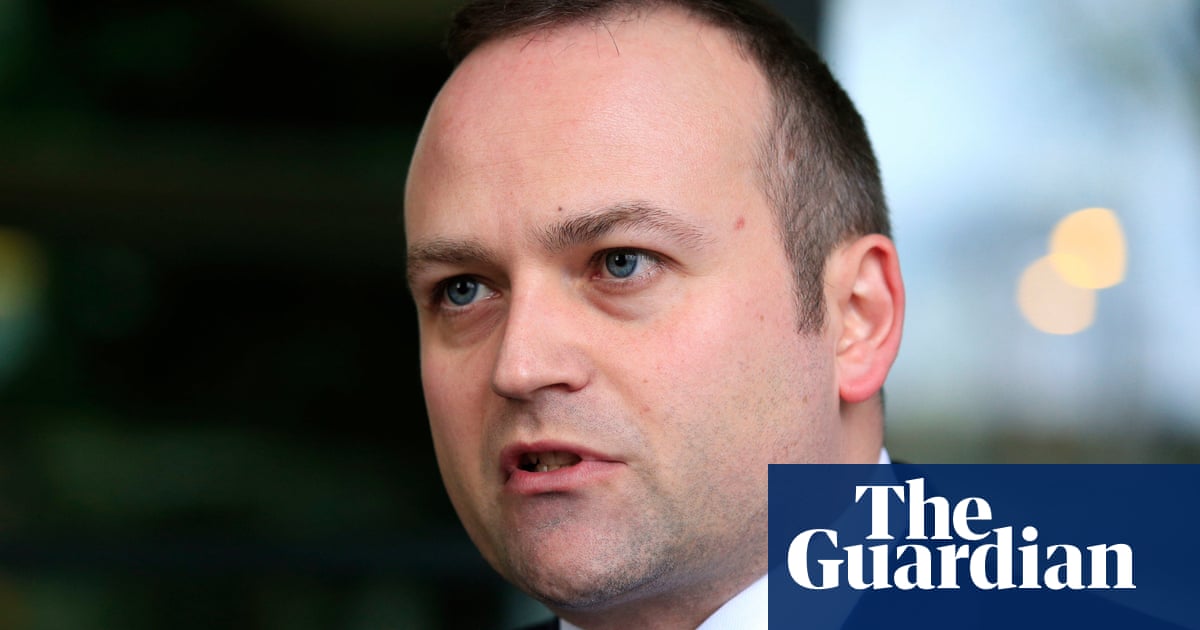
The Conservative MP who divulged colleagues’ personal phone numbers to someone he met on a dating app as part of a parliamentary sexting scandal has stepped down from two Commons roles, it has been reported.
William Wragg has resigned as chair of the Commons’ public administration and constitutional affairs committee and also quit his post as the vice-chair of the 1922 Committee of Conservative backbenchers after admitting to giving the information to a man he met, according to reports.
The Hazel Grove MP, who has already announced he is standing down at the next election, apologised last week and said he had given the numbers of other politicians for fear of intimate images of himself being leaked.
The Metropolitan police and Leicestershire police are investigating after it was suggested that at least 12 men in political circles received unsolicited messages.
Leicestershire police began their investigation in response to reports that explicit images and flirtatious messages were sent to MPs as part of an alleged “spear-phishing” attack.
Wragg, 36, has faced multiple calls to resign after telling the Times that he gave the details after he had sent intimate pictures of himself, saying he was “scared” and “mortified”.
The people targeted in the attack were sent messages from an unknown sender identifying themselves either as “Abi” or “Charlie”. The Guardian spoke to one person who was targeted in the exact same way by a WhatsApp user calling themselves “Abigail” or “Abi”.
The person sent messages that suggested they had previously met the recipient, such as saying the pair had previously had a “flirty conversation” either at a party conference or in a bar in Westminster. In several cases they subsequently sent an explicit picture.
Several people came forward over the weekend to describe their experience of having been targeted in the “spear-phishing” cyber-attack which targets specific groups and involves scammers pretending to be trusted senders in order to steal personal or sensitive information.
The Tory backbencher Andrea Jenkyns said she had received messages that referred to a previous meeting at the party’s annual conference, which she had reported to the whips.
Luke Evans, another Conservative MP, said he was the victim of “cyber flashing” and was the member who first alerted police to the issue.
In a video posted to Facebook on Friday, Evans said: “The first set of messages I got was on a day I was with my wife and I got a one-time-open photo on WhatsApp of an explicit image of a naked lady. As soon as I got these, the next day I reported it to the police, the authorities and the chief whip.
“Ten days later I got another set of messages. This time, however, I was sitting with my team in the constituency office, so we were able to record the conversation and catch photos and videos of the messages coming through including another explicit female image.”
Harry Yorke, a journalist at the Sunday Times, said he had received flirtatious messages from an unknown woman identifying herself as “Charlie”.












